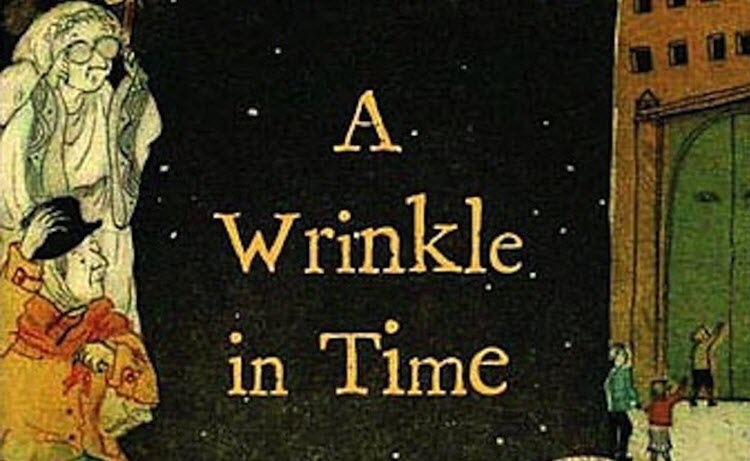Feel like your life has been just a little bit too easy lately? Has it been too long since you felt like pulling your hair out and screaming into the abyss? This is the list for you! Jokes aside, it’s hard to deny that there’s a certain feeling of satisfaction that only comes with finishing a particularly challenging book. Here are six books to read if you’re looking for that challenge (just, please, not all at once):
1. In Search of Lost Time by Marcel Proust
In Search of Lost Time relies on stream-of-consciousness, a modernist technique where the words on the page read like a mind’s continuous, unfiltered thoughts. Proust’s sentences are long and complicated, and the themes he explores complex. But what might make the novel daunting more than anything else is its incredible seven-volume, 4,215-page length! Add in several families and dozens of characters to keep track of, plus the tendency for the narration to suddenly jump to the past, and this novel is truly a feat to read from the first page to the last.
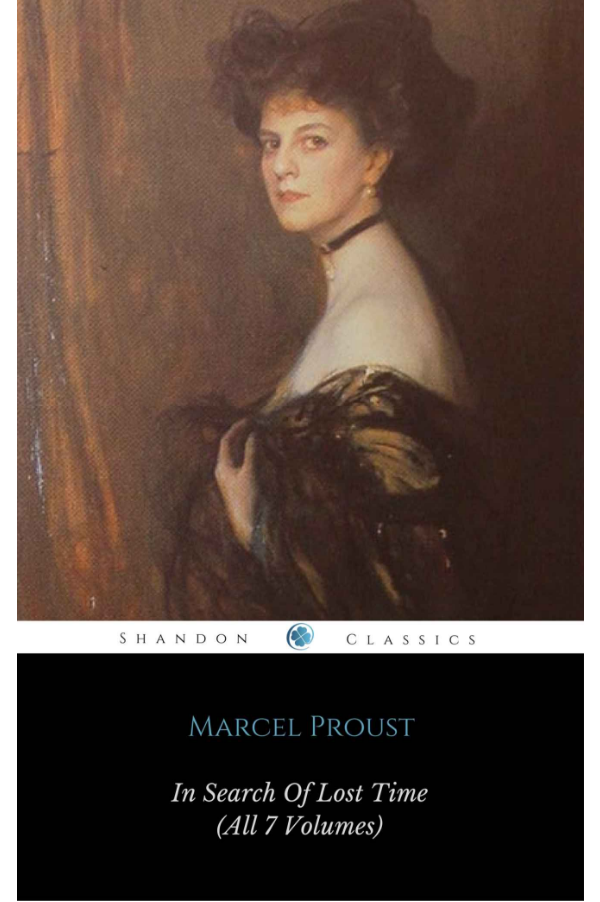
Source: Amazon
2. A Clockwork Orange by Anthony Burgess
A Clockwork Orange is known best for its 1971 Stanley Kubrick film adaptation, for its shocking violence and unflinching examination of violent youth, and for its consistent presence on ban lists. It’s also known for being incredibly difficult to read, and not just because of its content.
A Clockwork Orange is largely written using “Nadstat,” a Russian-influenced slang invented by the author. Here’s an excerpt for reference: “But where I itty now, O my brothers, is all on my oddy knocky, where you cannot go. Tomorrow is all like sweet flowers and the turning vonny earth and the stars and the old Luna up there. … And all that cal.” It’s incredibly difficult to read this novel without a glossary on hand, although it does get easier once you start to get the vernacular down.
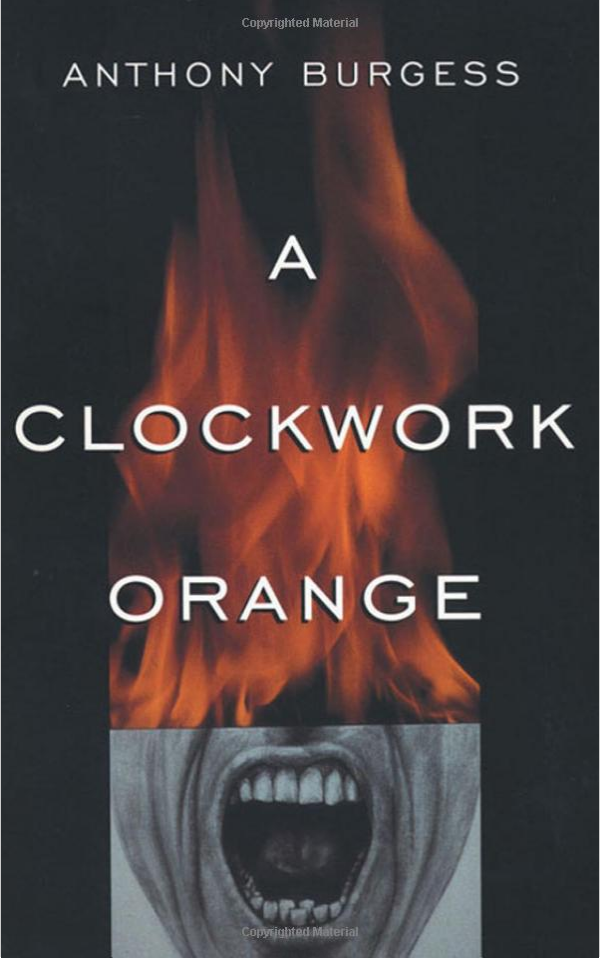
Source: Amazon
3. The Sound and the Fury by William Faulkner
The Sound and the Fury centers around a family of Southern aristocrats in the 1920s and is told from multiple perspectives. The first section is told from the perspective of “Benjy,” a mentally disabled man without the ability to comprehend the flow of time. Therefore, the first section is completely nonlinear, jumping from the present to the past with no indication of chronological shifts. If that wasn’t difficult enough, it’s combined with stream-of-consciousness narration. Just wait until you get to Quentin’s part.
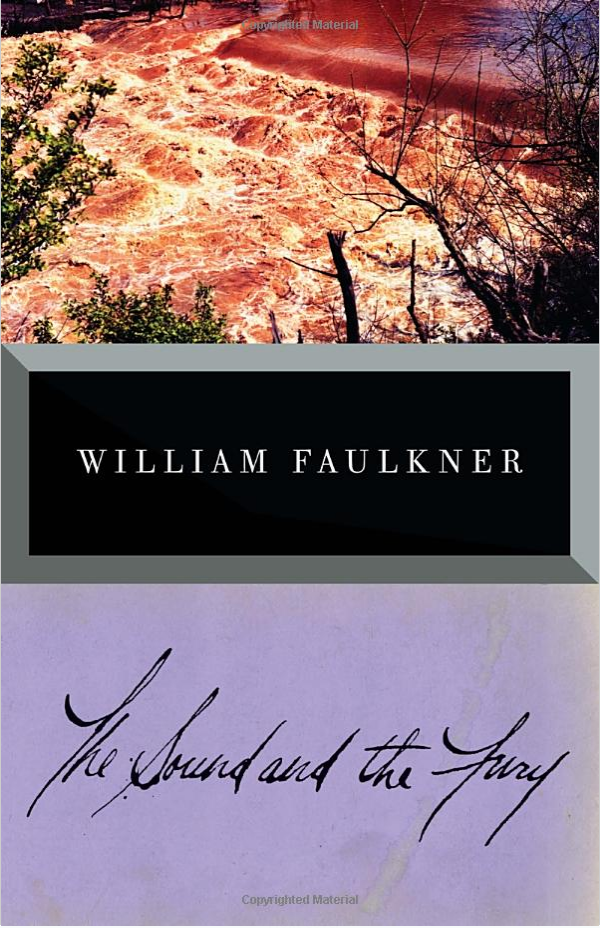
Source: Amazon
4. Being and Time by Martin Heidegger
You know you’re in for one intellectually challenging ride when the main question set up by the text is, “What does it mean to be?” If the question, “What is the being that will give access to the question of the meaning of Being?” makes your head spin, first: you’re not alone, and second: you’re going to need to go in with plenty of references and resources beforehand in order to understand what is considered to be Heidegger’s most influential work.
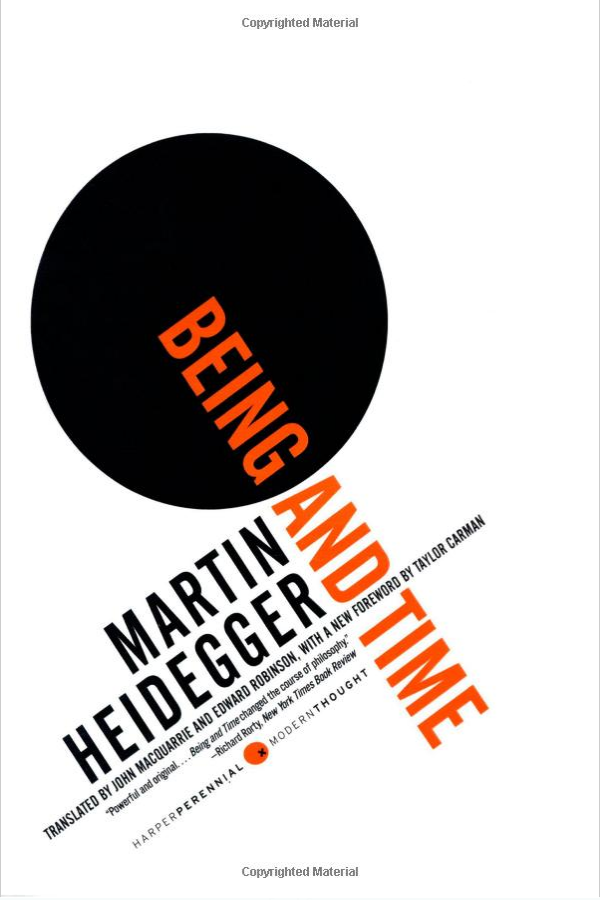
Source: Amazon
5. Infinite Jest by David Foster Wallace
Infinite Jest is a massive undertaking by an author who could be called the postmodern James Joyce. Set in a halfway house in a fictional American dystopia, Infinite Jest sets out to explore why entertainment has become such an important theme in everyday life. Of course, that question is entangled in encyclopedic descriptions, 388 endnotes, endnotes without their own footnotes, multiple themes, and made-up words, all wrapped up in a monster of a 1088 page novel.
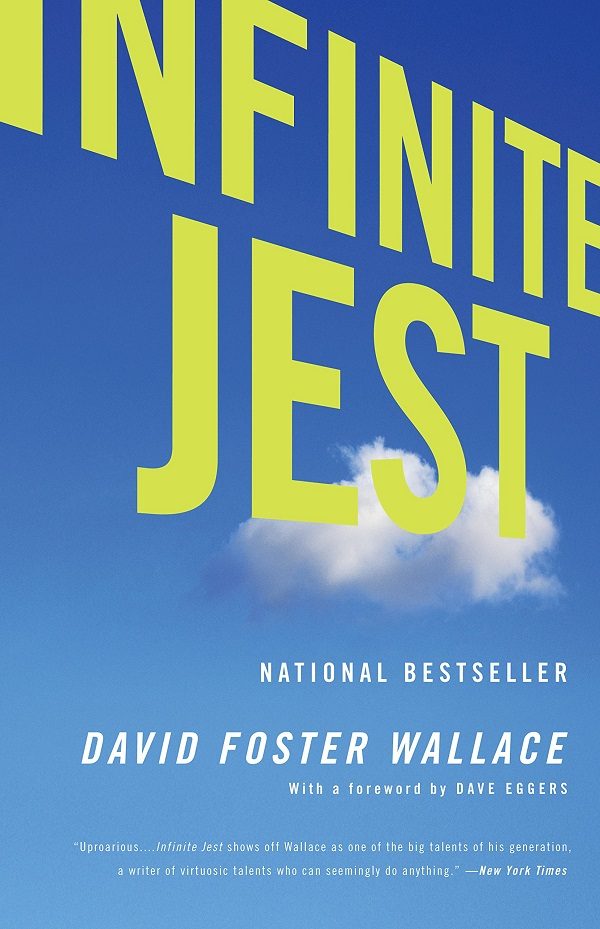
Source: Amazon
6. Ulysses by James Joyce
A list like this just wouldn’t be complete without Ulysses. This is the book that has made many a reader curl up into a ball and cry. Ulysses is the literary Mount Everest, and conquering it is the highest literary badge of honor. In other words, it’s pretty difficult.
Ulysses is a retelling of the epic poem, The Odyssey, shifted from ancient Greece to Dublin, 1904. The structure of the narration mirrors the Odyssey in ways that are intentionally obfuscated. It’s also a labyrinth of allusions and dense vocabulary with passages like this:
“Her antiquity in preceding and surviving succeeding tellurian generations: her nocturnal predominance: her satellitic dependence: her luminary reflection: her constancy under all her phases, rising and setting by her appointed times, waxing and waning: the forced invariability of her aspect: her indeterminate response to inaffirmative interrogation: her potency over effluent and refluent waters: her power to enamour, to mortify, to invest with beauty, to render insane, to incite to and aid delinquency: the tranquil inscrutability of her visage: the terribility of her isolated dominant resplendent propinquity: her omens of tempest and of calm: the stimulation of her light, her motion and her presence: the admonition of her craters, her arid seas, her silence: her splendour, when visible: her attraction, when invisible.”
It’s also a mammoth of a book at almost 700 pages.
Joyce himself once said that he had “put in so many enigmas and puzzles that it will keep the professors busy for centuries arguing over what I meant,” as a way of achieving literary mortality. And it worked: it’s still being talked about and puzzled over to this day (and still making readers scream in frustration, too).
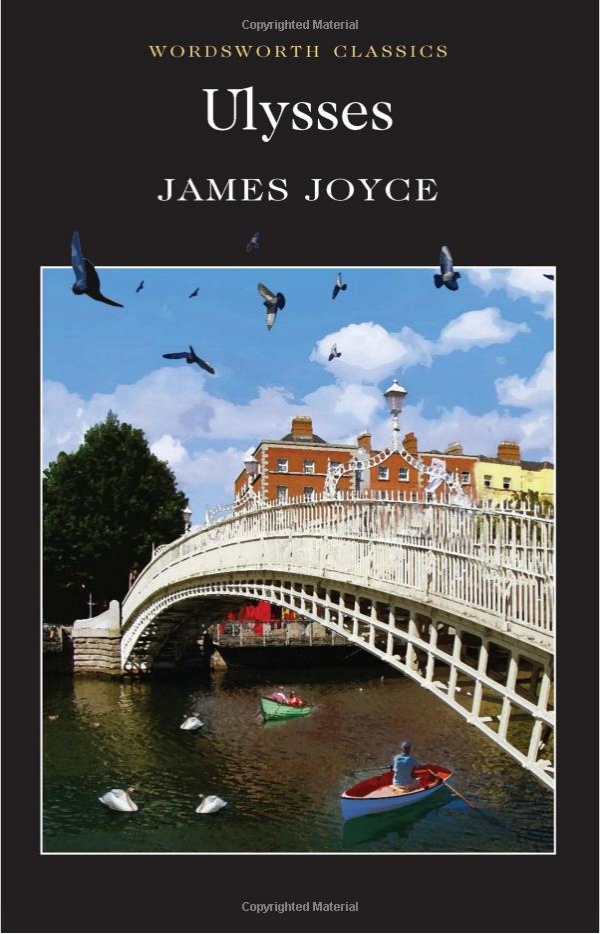
Source: Amazon
What’s the most challenging book you’ve ever encountered?
Featured image via Pixabay
